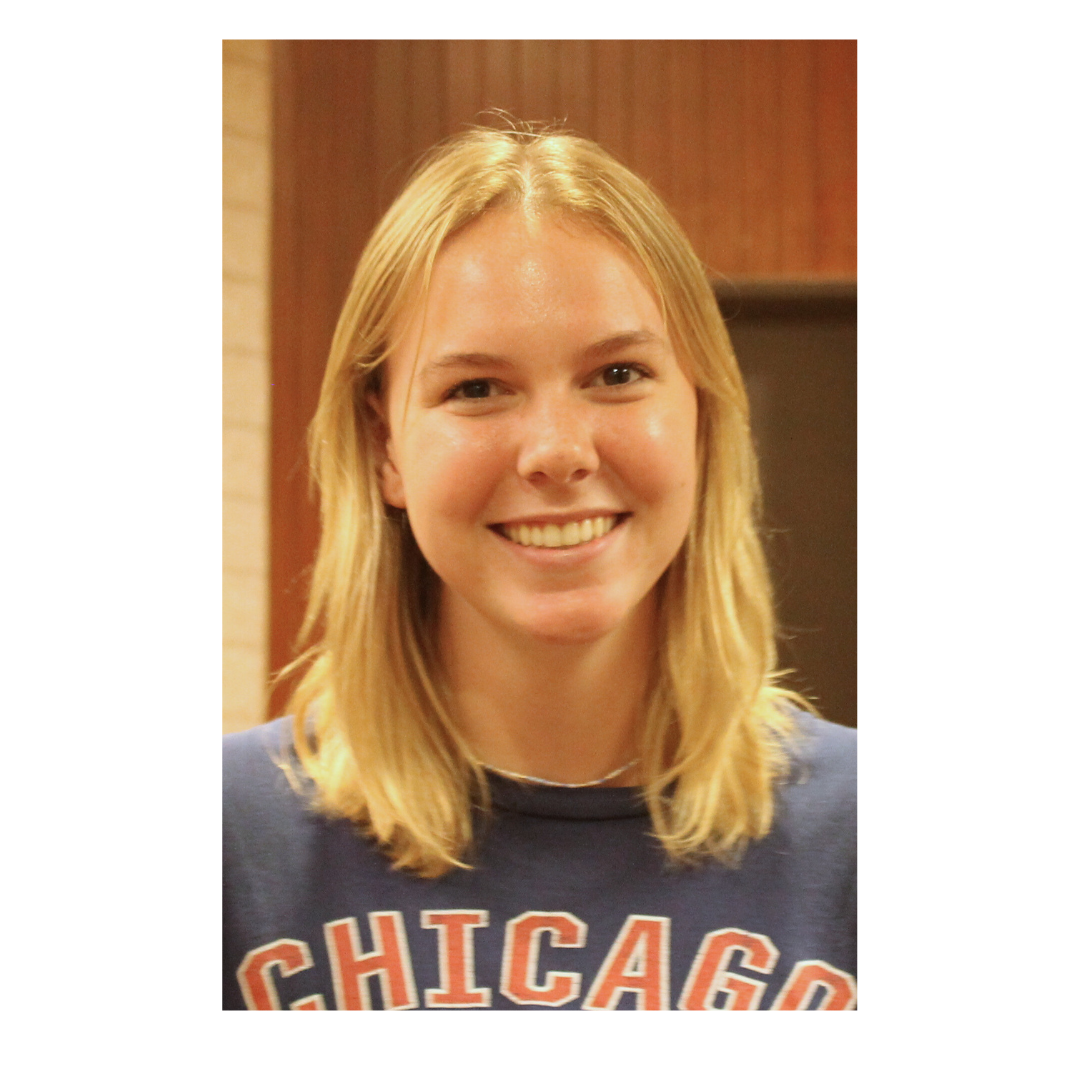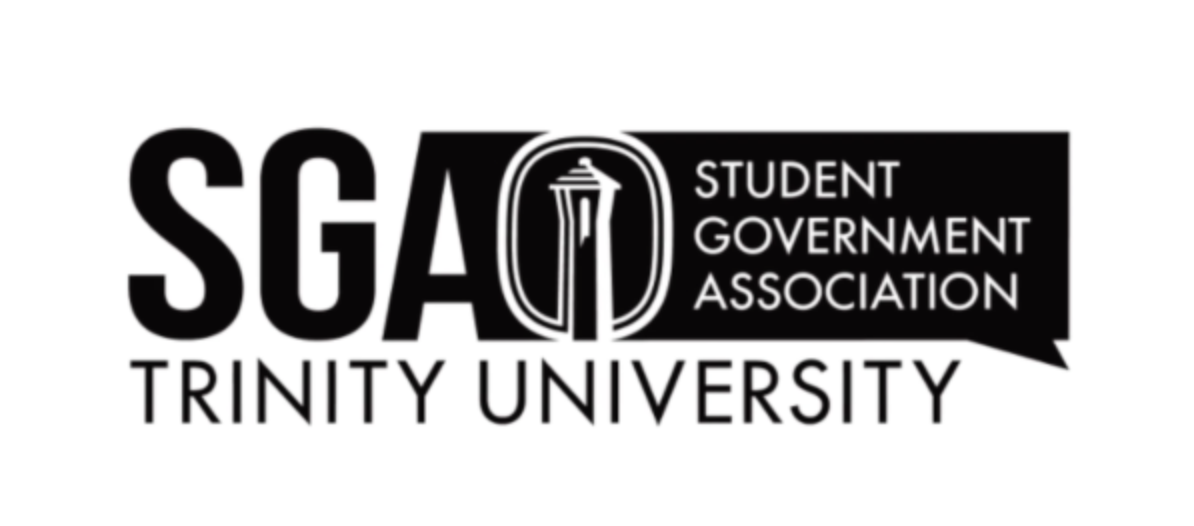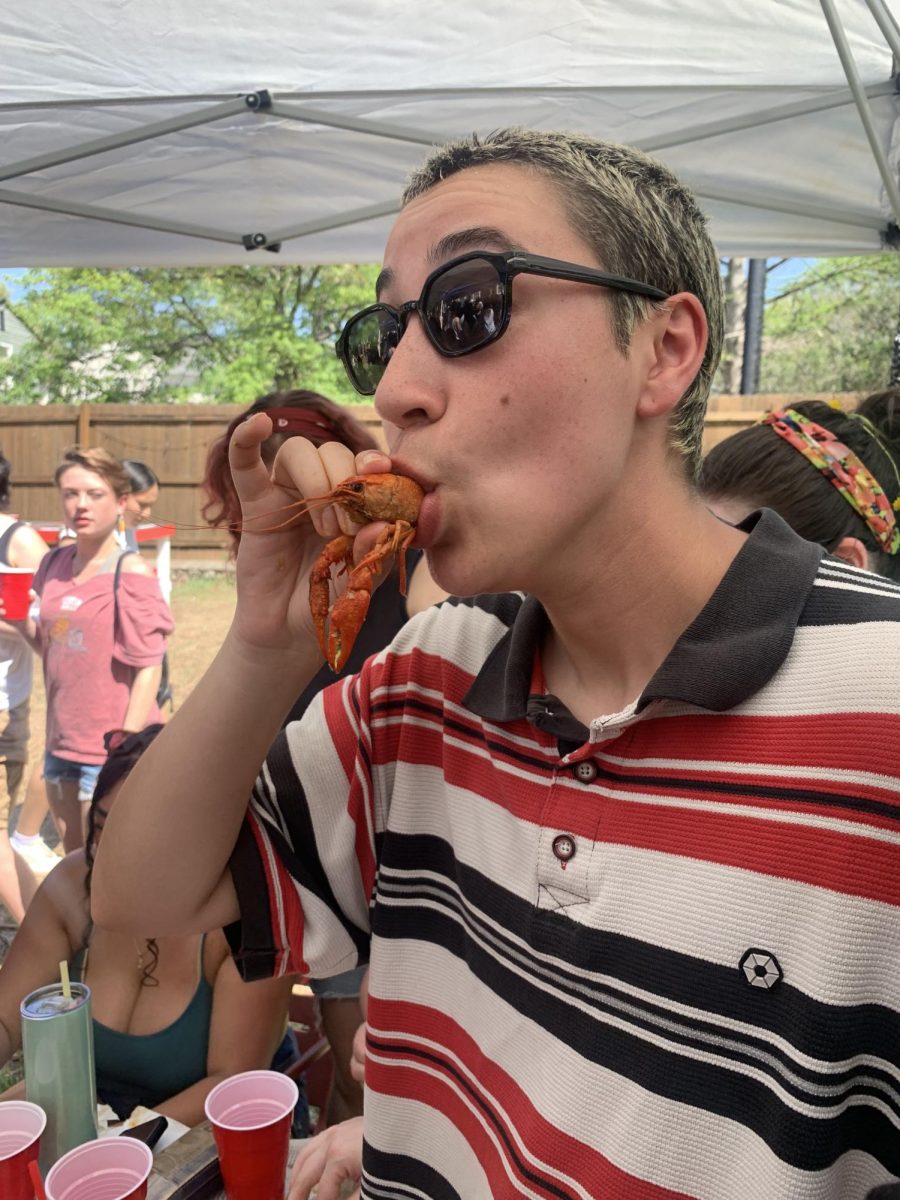Due to poor attendance at the Michael Ratner’s Maverick Lecture on April 9, Dennis Ahlburg, president of the university, sent an email out to faculty about the poor attendance.
“This applies on two levels, for both faculty and students. An education is more than just going to class,” Ahlburg said. “We have lectures at Trinity by people of international stature… who have made a contribution internationally. They are on campus and people can’t be bothered to walk 100 yards to see them for free. It makes me wonder how serious they are about their ongoing education.”
According to Ahlburg, the email incited some defensive responses from faculty.
“I have a private life, I live far away, I have kids, those were some of the responses I got,” Ahlburg said. “I understand. But that doesn’t explain why you don’t come to any of the lectures. Trinity signals its engagement in the larger issues by its presence. If there are no faculty or students at these lectures, the community doesn’t know what to think.”
The poor attendance at the lecture led Ahlburg to consider the business of faculty and students at Trinity. Ahlburg plans to engage the faculty in a discussion that recognizes the time and scheduling challenges of attending lectures to figure out if there is a way to get better representation out of the faculty for lectures.
Peter O’Brien, professor of political science, did not attend the lecture due to prior plans. However, he recognizes the value and importance lectures such as the Maverick Lectures offer students and faculty.
“I’m partial to the issue. As an undergraduate, my job was to record these kinds of lectures,” O’Brien said. “I had to go to so many lectures, and, while I got paid for it, I recognize that it was very enriching to my education. I always regret not going to the lectures.”
Both Ahlburg and O’Brien talked about potential ways to encourage lecture attendance. Ahlburg is considering an intellectual engagement designation on students’ college transcripts.
“We’re working it out. And we’ll talk with you about it as we work it out,” Ahlburg said. “There are other certificates that show that somebody did more than just the standard courses that everybody does. That’s a tried and true method of saying, “˜here’s something particular about this individual.'”
According to O’Brien, other universities require students to attend a set number of lectures during their time at the university.
“I taught at Kalamazoo for a while, and they required students to attend 24 lectures over their four years,” O’Brien said. “I also gave a lecture at Furman University. They had a requirement for lecture attendance as well.”
According to senior Josh Vanderslice, the poor attendance at the Maverick Lecture may be due to a lack of advertising.
“I had no idea there was a lecture that night. I definitely would have gone,” Vanderslice said. “When I heard about it, I looked through LeeRoy and they had only advertised in there a few times.”
While the poor attendance to the Maverick Lecture may be attributed to a lack of advertising, according to Ahlburg, the attendance at that particular lecture is part of a larger culture of disinterest in lectures.
“Ever since I came here, apart from name brands like Colin Powell, and even the former prime minister of Mexico, the lectures haven’t been total sell-outs,” Ahlburg said. “I want it to be clear to our students that the smallest part of your education “” this will get me in trouble with the faculty “” is putting your bum on a seat in the classroom. The most important part of your Trinity education is what happens outside the classroom.”
According to Ahlburg, he will be working with other administration to increase lecture attendance for both students and staff.






